Written by Giulio Sabbati,

The European Commission is the executive body of the European Union. Under the Treaties, its tasks are to ‘promote the general interest of the Union’, without prejudice to individual Member States, to ‘ensure the application of the Treaties’ and adopted measures, and to ‘execute the budget’. It also holds a virtual monopoly on the right of legislative initiative, alone proposing nearly all EU legislation to the European Parliament and the Council of the EU.
The College of Commissioners is currently composed of 27 individuals: the President, Ursula von der Leyen, three Executive Vice-Presidents, five Vice-Presidents and eighteen Commissioners. The Executive Vice-Presidents both manage a specific portfolio and coordinate one of the core parts of the Commission’s political agenda. The five Vice-Presidents each coordinate a single specific policy priority. The other Commissioners manage the specific portfolios, under the coordination of the Vice-Presidents.
This Briefing sets out the responsibilities, composition and work of the Commission and its leadership, both in the current Commission and in the past. It also gives details of the staff of the Commission’s departments, their main places of employment, gender distribution and national background, as well as providing a breakdown of the EU’s administrative budget and budgetary management responsibilities.
Read the complete briefing on ‘European Commission: Facts and Figures‘ in the Think Tank pages of the European Parliament.

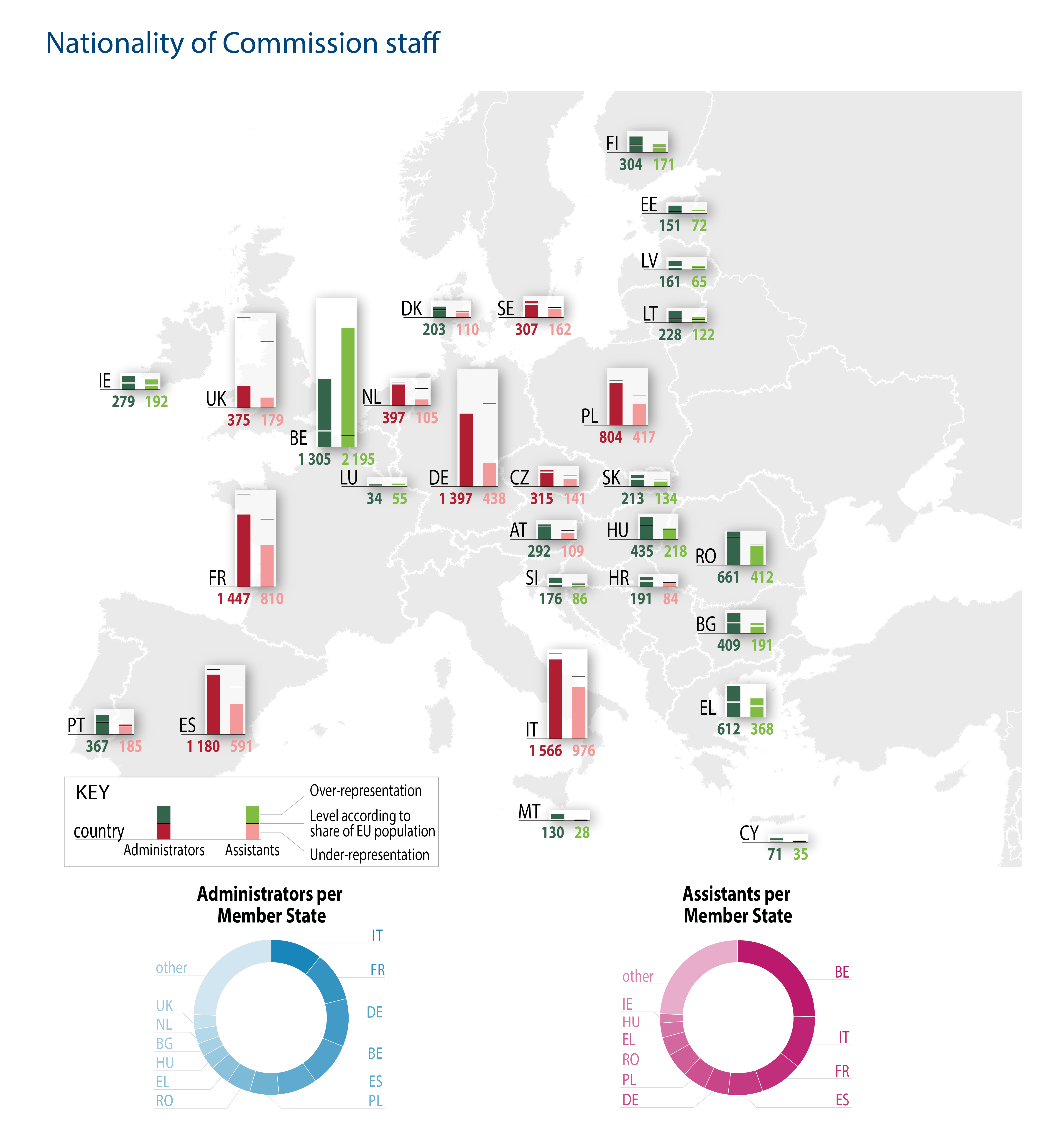


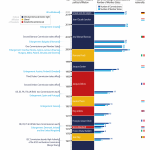
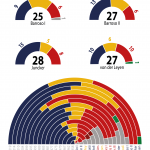
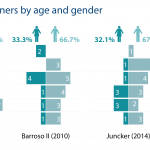
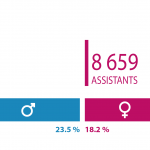
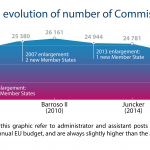
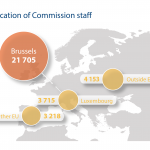
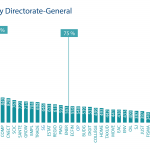
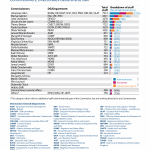
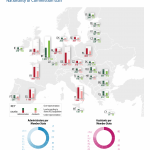
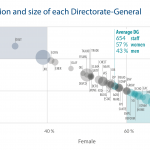
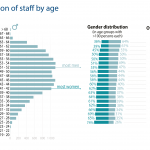
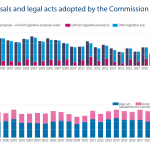

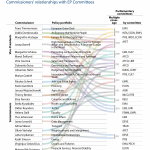
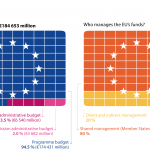






Be the first to write a comment.